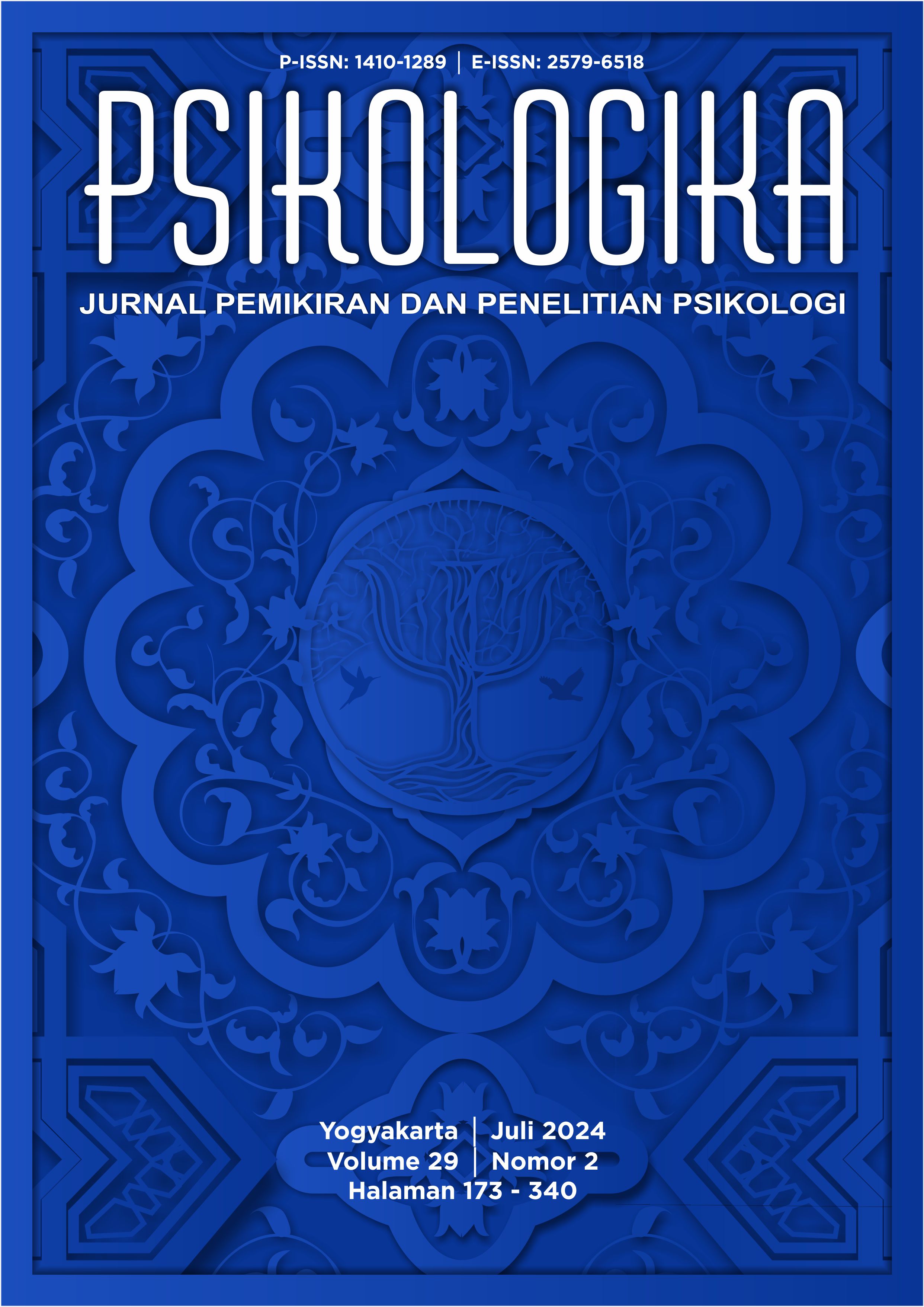Main Article Content
Abstract
Self-perceived employability (SPE) is important for students entering the workforce in the digital era. This study aimed to explore the correlation between online social support (OSS), social media user types (SMUT), and SPE with career adaptability (CAD) serving as a mediator. It also examined the relationship of several covariates such as work experience, international exposure, and organizational experience. A total of 360 students comprising males (19.4%) and females (80.6%) participated voluntarily in this study. The data was further collected using a Likert scale measuring OSS ( = .88), SPE ( = .85), and CAD ( = .86) with eight items for all variables. Furthermore, a five item statement was used to assess SMUT where respondents selected the item most appropriate to the condition. The results of Structural Equation Model (SEM) testing carried out using RStudio with the Lavaan package version 0.6-18 showed that OSS played an important role in improving SPE both directly and through CAD. Although SMUT did not significantly affect SPE through CAD, it suggested a broader impact when considering the total effect. This study further emphasized the importance of fostering OSS to increase career adaptability and eventually improve SPE. Additionally, the results contributed to the literature by providing empirical evidence regarding the factors influencing students’ SPE. Practically, this study could support career development programs focused on student character.
Keywords
Article Details
Copyright (c) 2024 Nur Pratiwi Noviati, Thobagus Mohammad Nu'man, Mirza Muchammad Iqbal, Lifthya Ahadiati Akmala

This work is licensed under a Creative Commons Attribution-ShareAlike 4.0 International License.
Authors who publish with this journal agree to the following terms:
- Authors retain copyright and grant the journal right of first publication with the work simultaneously licensed under a Creative Commons Attribution-ShareAlike 4.0 International License that allows others to share the work with an acknowledgment of the work's authorship and initial publication in this journal.
- Authors are able to enter into separate, additional contractual arrangements for the non-exclusive distribution of the journal's published version of the work (e.g., post it to an institutional repository or publish it in a book), with an acknowledgment of its initial publication in this journal.
- Authors are permitted and encouraged to post their work online (e.g., in institutional repositories or on their website) prior to and during the submission process, as it can lead to productive exchanges, as well as earlier and greater citation of published work (See The Effect of Open Access).




